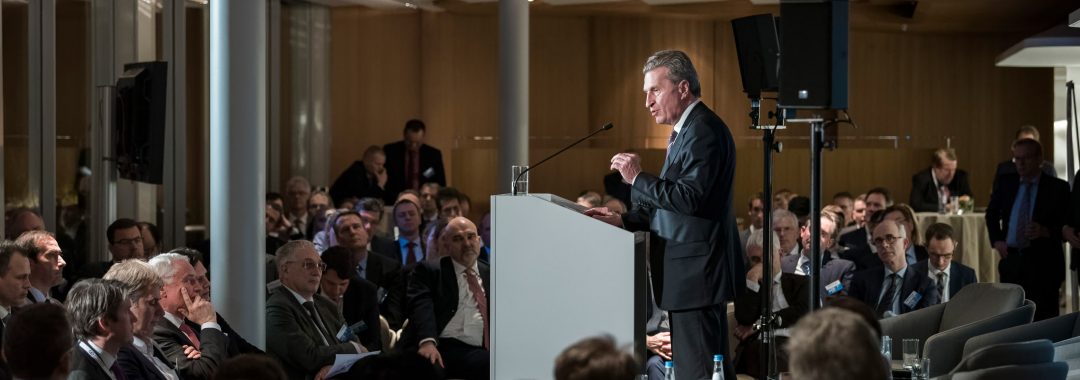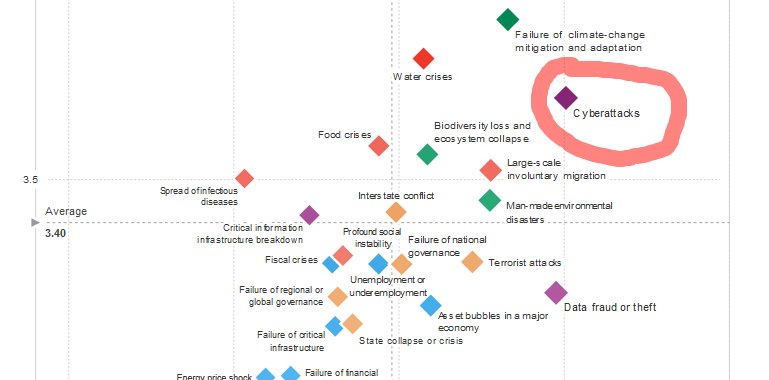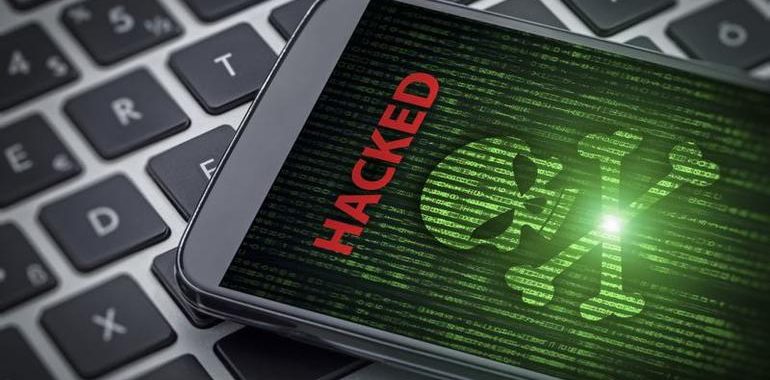
Erpresserische Angriffe auf Unternehmen mit Verschlüsselungssoftware haben in den letzten Jahrzehnten eine rasante Entwicklung durchlaufen und werden weiter eine große Gefahr für die Datensicherheit stellen. Unternehmen müssen sich nicht zuletzt durch ständige Datensicherung in die Lage versetzen, solche Angriffe ignorieren zu können.
Im Mai 2000 veränderte ein Student auf den Philippinen mit einem simplen Stück Malware die Welt der Cybersicherheit für immer: LoveBug hatte am Ende mehr als 45 Millionen Computer infiziert und den Grundstein für die milliardenschwere Industrie der der Erpressersoftware gelegt. Es war die erste Malware, die sowohl Unternehmen als auch Privatuser in erheblichem Maße schädigte und offline stellte. Einer der wichtigsten aktuellen Schwerpunkte der damals beginnenden kriminellen Cyberindustrie ist zur Zeit die Ransomware.
(Bild: gemeinfrei / Pixabay )









 Since the first appearance of cryptoviral extortion
Since the first appearance of cryptoviral extortion



 E-Mail
E-Mail  facebook
facebook twitter
twitter LinkedIn
LinkedIn Online Kontakt
Online Kontakt
